A five-minute conversation between United States special envoy Steve Witkoff and Putin adviser Yuri Ushakov provides a window into how the Trump administration’s controversial 28-point peace proposal for Ukraine first took shape.
The brief exchange took place on October 14, 2025. The call was later confirmed by Ushakov on Russian state television.
Another development that has stunned officials across Europe and within the US government itself is the discovery that the American peace framework drew heavily on a Russian-drafted “non-paper,” handed to senior Trump administration officials in mid-October.
What we know of the Witkoff-Ushakov call
Moscow and Washington were manoeuvring to influence the trajectory of upcoming meetings involving US President Donald Trump, Ukrainian President Volodymyr Zelenskyy, and eventually Russian President Vladimir Putin, when the call took place.
According to the recording reviewed by Bloomberg, the call began with a congratulatory tone from Ushakov, who praised Witkoff repeatedly.
The transcript shows the Kremlin adviser saying, “Congratulations my friend… You made a great job. Just a great job.”
Witkoff thanked him and acknowledged the support he believed Russia had shown during his earlier diplomatic efforts, including his involvement in brokering the Gaza ceasefire.
From the outset, Ushakov inquired about arranging a direct conversation between Putin and Trump. Seeking advice on timing, he asked Witkoff whether the leaders should speak and when such a call could occur.
Witkoff responded affirmatively and said Trump would be ready whenever Moscow proposed it.
The transcript quotes Ushakov asking, “Do you think that it will be useful if our bosses will talk on the phone?” to which Witkoff replied that such a discussion would be beneficial.
What followed was a series of suggestions from Witkoff on how Moscow should frame its message to Trump. He advised that Putin should open by congratulating the US president, express appreciation for his efforts, and portray him as a figure committed to ending conflicts.
Witkoff explained to Ushakov that he had told Trump Russia had always sought a peaceful outcome and that the difficulty in achieving a settlement stemmed from the inability of both sides to reach a compromise.
During the call, Witkoff revisited a model he had used during the Gaza negotiations. “We put a 20-point Trump plan together that was 20 points for peace and I’m thinking maybe we do the same thing with you.”
Ushakov responded positively, telling Witkoff that Putin would indeed congratulate Trump and say, “Mr. Trump is a real peace man.”
The most consequential line of the call came when Witkoff told Ushakov privately,
“Now, me to you, I know what it’s going to take to get a peace deal done: Donetsk and maybe a land swap somewhere.”
Although Witkoff stated that public messaging should be more optimistic, his comment made clear that he viewed significant territorial concessions from Ukraine as central to any final settlement.
A major focus of Witkoff’s advice was that him insisting that a direct Trump-Putin call should take place before Zelenskyy arrived in Washington later that week.
He told Ushakov, “I think if possible we have the call with your boss before that Friday meeting.” Ushakov acknowledged this recommendation and said he would speak with Putin about it, “I discuss that with my boss and then I come back to you.”
On November 25, Ushakov publicly acknowledged the call’s authenticity, claiming the leak was likely intended to obstruct ongoing negotiations. He also said, “As for Witkoff, I can say that a preliminary agreement has been reached that he will come to Moscow next week.”
What we know of the Russian ‘non-paper’
The second major revelation surrounding the 28-point plan emerged from sources familiar with the document’s origins, speaking to Reuters.
Around mid-October — just days after Trump met Zelenskyy in Washington — Russian officials sent an informal paper outlining Moscow’s conditions for peace to senior members of the Trump administration.
The document, referred to as a “non-paper” in diplomatic practice, contained proposals that Kyiv had long rejected, including surrendering a substantial part of its eastern territory.
This was the first confirmation that the US peace plan’s early architecture relied heavily on a Russian-authored document. Its existence had been previously reported, but until now its direct influence remained unverified.
According to sources, several high-level US officials reviewed the Russian non-paper, including US Secretary of State Marco Rubio. Some believed the demands were so far-reaching that Ukraine would reject them immediately.
They regarded many elements of the Russian draft — particularly those involving territorial changes — as non-starters for any credible negotiation.
Even so, the initial 28-point US proposal shared structural and conceptual similarities with the Russian document.
When the plan became public, it surprised many officials in Washington and Europe because it appeared to tilt heavily toward Moscow’s preferred terms. That perception led to an urgent round of talks involving US, European, and Ukrainian officials.
How the 28-point plan changed after internal pushback
Following a series of meetings with Ukrainian and European diplomats, the US revised the draft significantly. According to reporting cited in your provided material, nine of the original 28 points were removed.
US negotiators and their counterparts in Geneva worked to reframe or eliminate provisions that appeared overly aligned with Russian interests.
Nevertheless, the core of the proposal still placed territorial politics at the centre of the settlement. The plan required Ukraine to accept Russia’s full control of Donetsk, even though Russian forces had not captured the entire region.
It envisioned a demilitarised “buffer zone” stretching across those areas, internationally recognising them as Russian territory.
It also included provisions reaffirming Russia’s hold on Crimea and Luhansk, while freezing the battle lines in Kherson and Zaporizhzhia where the front remained fluid.
These elements resulted in criticism among Ukraine’s political leadership, who maintained their long-held position: they would not accept any legal recognition of Russian-occupied territories or constraints on their military posture.
Still, the plan advanced to the next stage of negotiations. US Army Secretary Dan Driscoll travelled to Abu Dhabi for talks with a Russian delegation, while Ukrainian representatives also arrived in the UAE to participate in discussions with the US team.
According to a US official cited in the provided material, Driscoll was already meeting with Russian officials while Kyiv and Washington held parallel talks.
By Tuesday, Ukrainian officials signalled that they were prepared to engage with the newly modified framework that resulted from Geneva discussions, though they stressed that any final decisions on territorial concessions required direct negotiation between Zelenskyy and Trump.
How Trump has reacted
As revelations surrounding the call and the Russian non-paper surfaced, Trump maintained a optimistic stance toward the peace process.
He wrote, “In the hopes of finalizing this Peace Plan, I have directed my Special Envoy Steve Witkoff to meet with President Putin in Moscow and, at the same time, Secretary of the Army Dan Driscoll will be meeting with the Ukrainians.”
He also stated that a trilateral meeting would only take place once a deal was nearly complete.
“I look forward to hopefully meeting with President Zelenskyy and President Putin soon, but ONLY when the deal to end this War is FINAL or, in its final stages.”
Yet on the same day as the Witkoff-Ushakov call, Trump expressed public frustration with Putin’s prolonging of the war, stating, “I don’t know why he continues with this war. He just doesn’t want to end that war. And I think it’s making him look very bad.”
The Witkoff-Ushakov exchange not only confirmed that both sides were coordinating timing and messaging, but also revealed Witkoff’s confidence that Trump would grant him significant latitude in negotiations.
Meanwhile, Putin publicly remarked that the American peace proposal could serve as a “basis for a final peaceful settlement.”
Also Watch:
With inputs from agencies


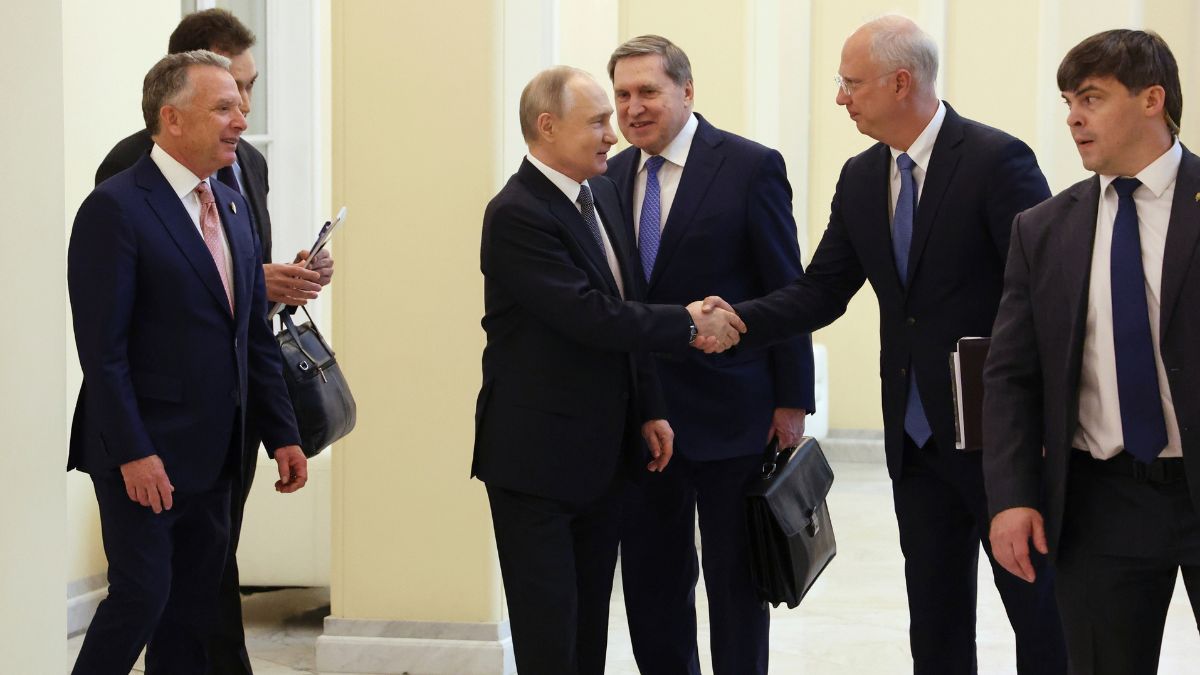)
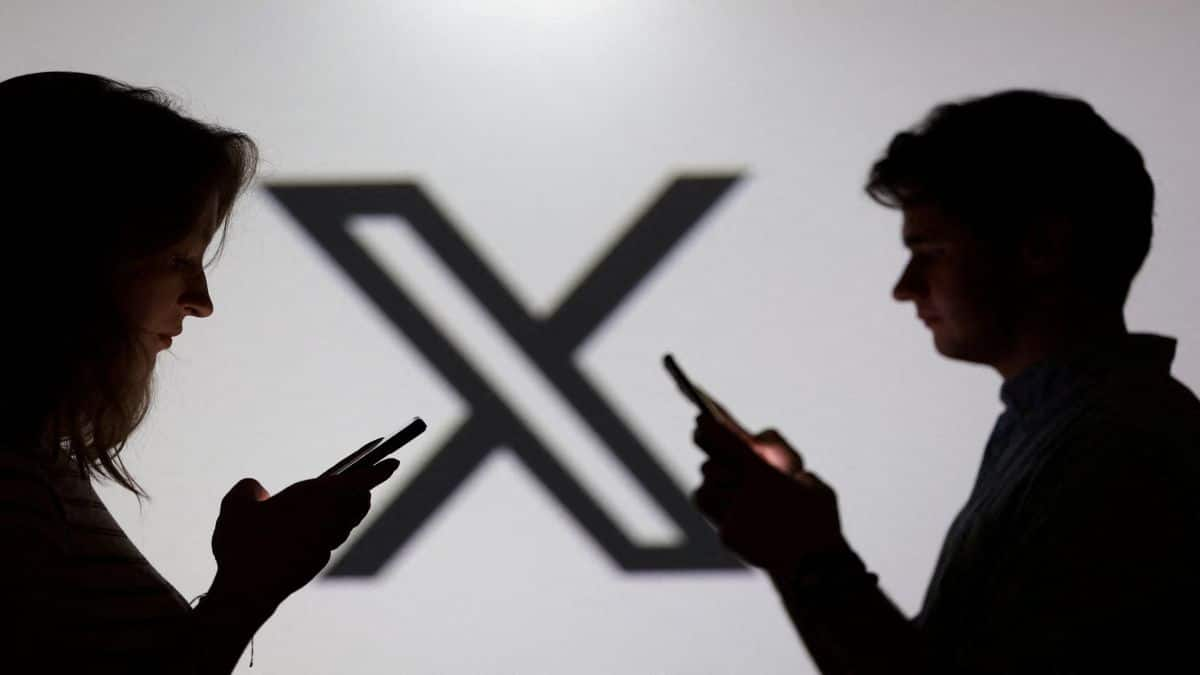
)
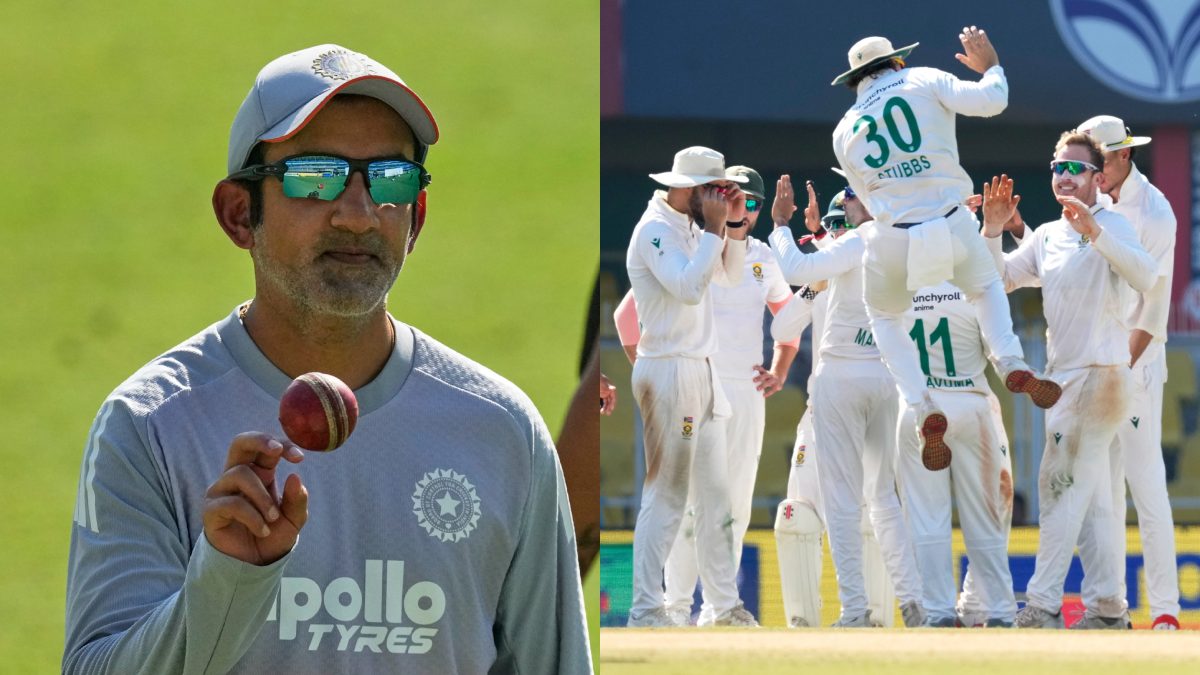)
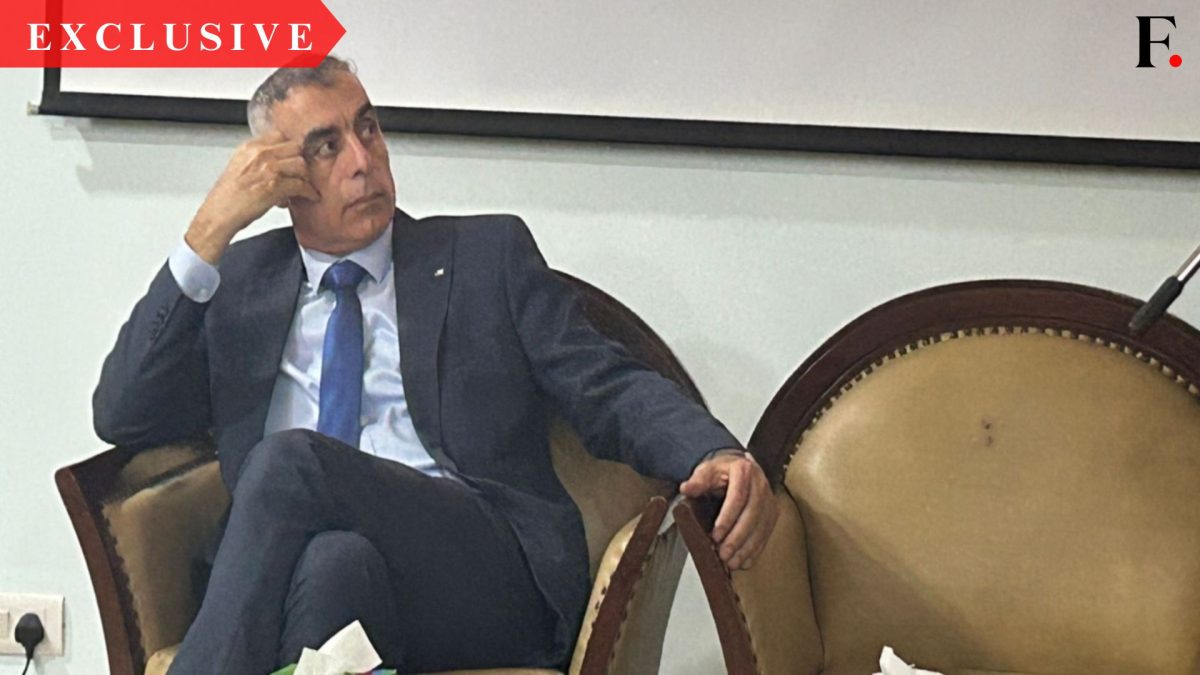)
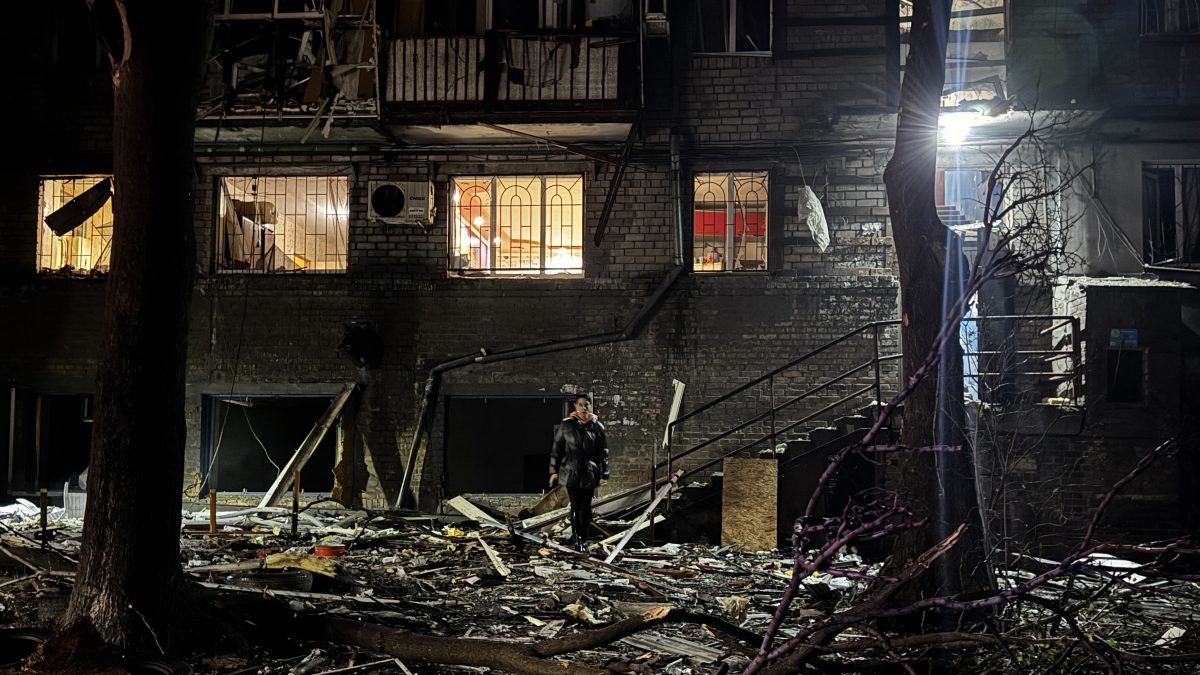)
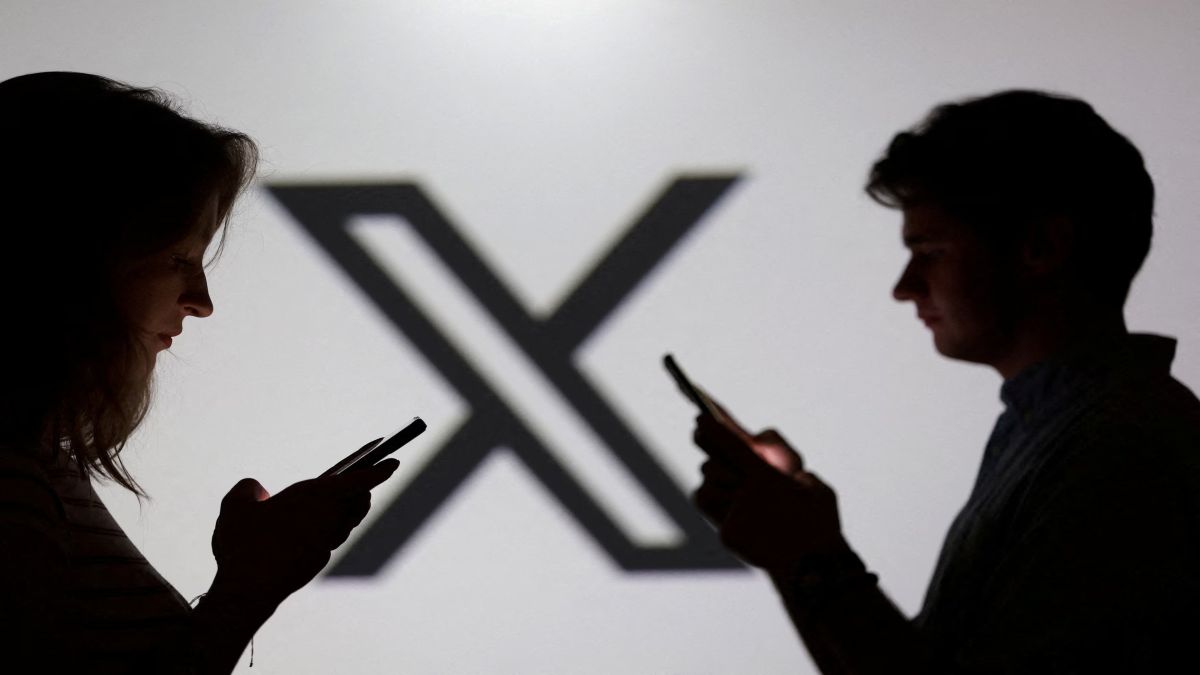)
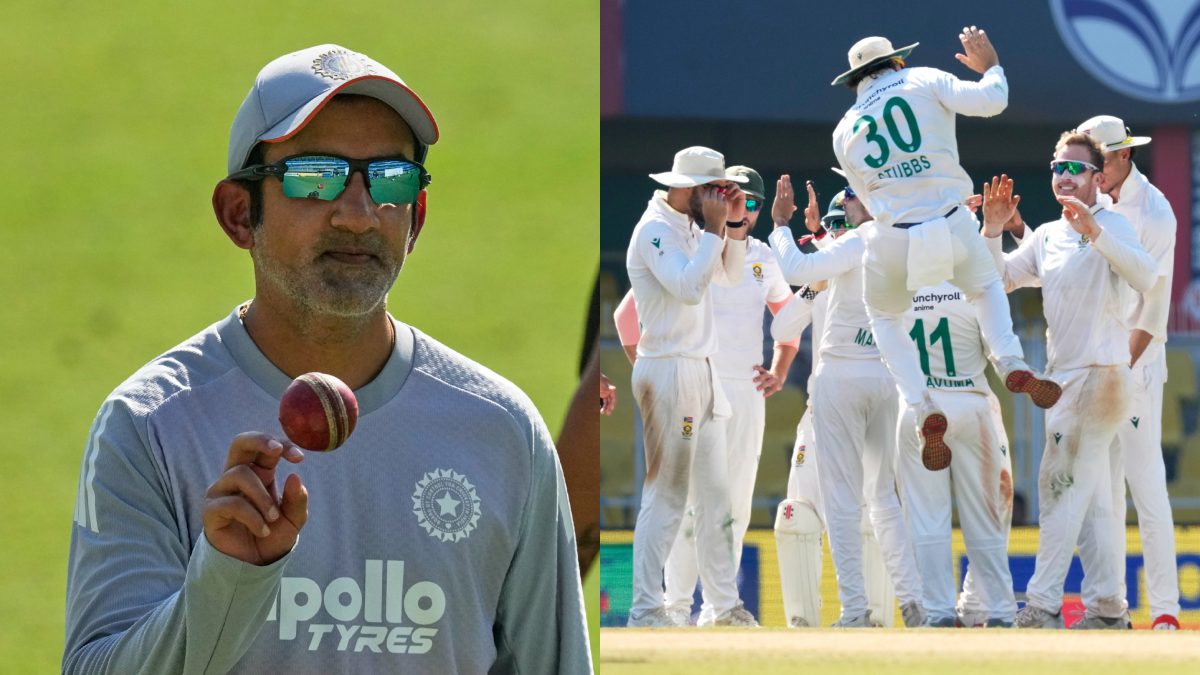)
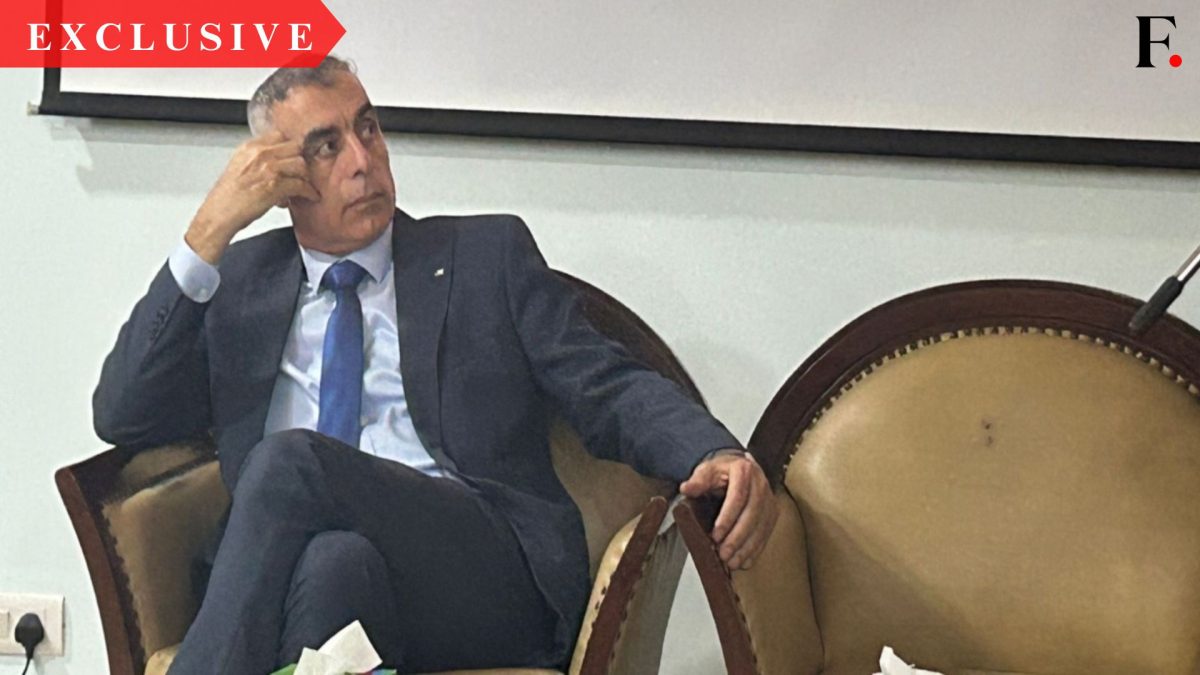)
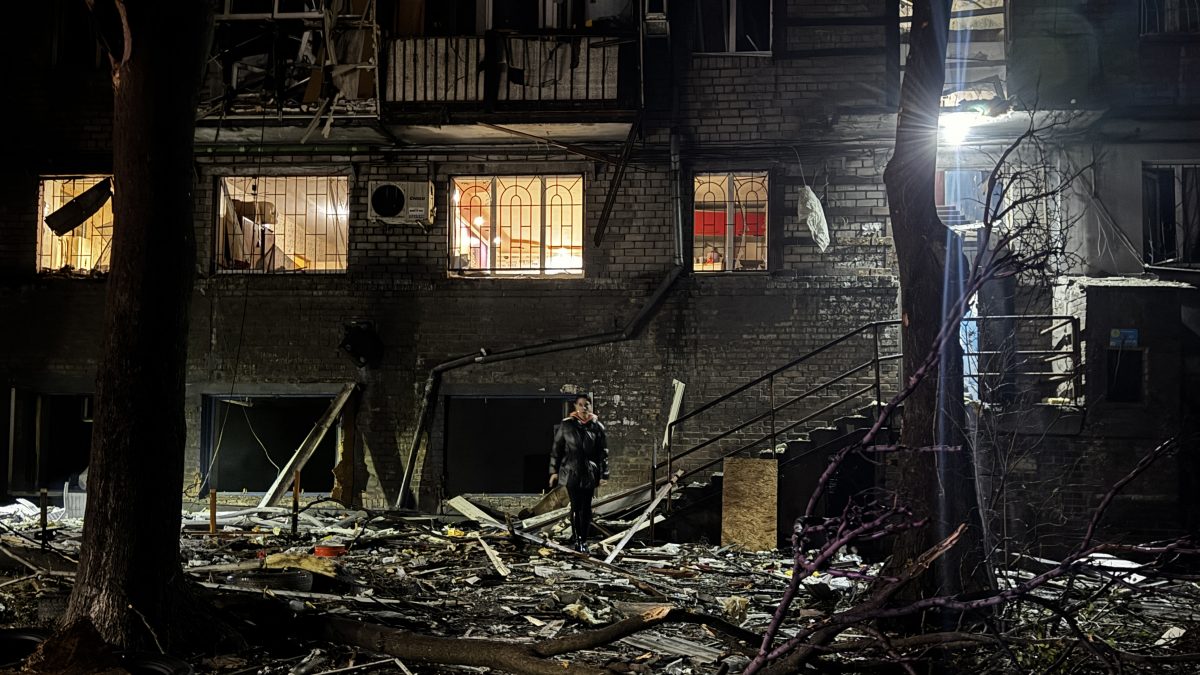)



